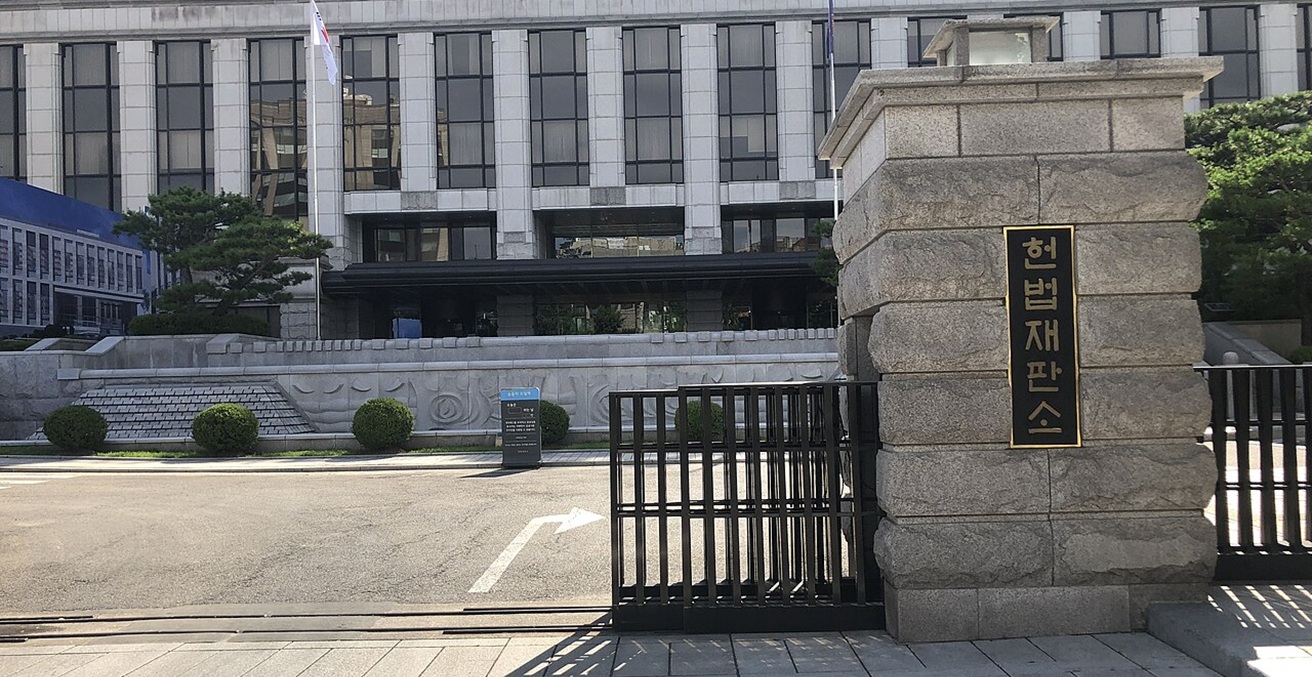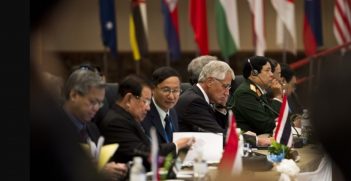2024 Martial Law Crisis in South Korea and Democratic Resilience

South Korea’s swift response to the attempted self-coup highlights the critical role of responsive institutions, social media mobilisation, and civic courage in safeguarding democratic resilience. This case demonstrates that democracy thrives not merely through stable systems but through constant vigilance, institutional independence, and active citizen participation.
All political activities, including those of the National Assembly, political parties, rallies, and demonstrations, are prohibited. All media are subject to the control of the Martial Law Command.
On 3 December 2024 at 22:27 Korea Standard Time (KST), South Korean President Yoon Suk Yeol unexpectedly declared a nationwide state of emergency martial law in a televised address. In his declaration, Yoon accused the Democratic Party of Korea (DPK), which holds a majority in the National Assembly, of engaging in “anti-state activities” and collaborating with “North Korean communists” to undermine the nation. This event was widely characterised as an attempted self-coup by both domestic and international political circles.
Upon hearing President Yoon’s declaration, Korean lawmakers urgently made their way to the National Assembly building. The South Korean Constitution grants the National Assembly the authority to revoke martial law through a majority vote. At 01:01 on 4 December, the lawmakers convened and passed a resolution annulling martial law approximately two and a half hours after the declaration of illegal and unconstitutional martial law.
Ending the martial law in two hours
A self-coup within a democratic system represents an exceptional occurrence, warranting a comprehensive analysis of the underlying factors that contribute to its emergence. An in-depth investigation into the specific conditions that facilitate the onset of a self-coup is essential in understanding its dynamics within a democracy and its broader implications for democratic resilience.
Rapid responses of the South Korean lawmakers
Upon the declaration of martial law, lawmakers exhibited remarkable resolve and urgency in their response, despite facing substantial resistance from both police and military forces. The situation escalated to a point where a significant number of DPK lawmakers, including the Speaker of the National Assembly, were compelled to scale the walls of the National Assembly building in order to gain access. This dramatic and desperate action occurred just before the police had successfully barricaded the entryways, effectively trapping legislators inside the premises. Their rapid responses were critical in preventing further escalation and ensuring that South Korea’s democratic institutions remained intact (Table 1).

Growth of social media platforms
The country’s digital infrastructure and social media were the key factors in this process. Amid the unprecedented declaration of martial law by Yoon, which posed a direct threat to democratic processes, Lee Jae-myung, the leader of the DPK, leveraged YouTube live streaming to promptly inform the public of the situation and galvanise support for resisting authoritarian measures. In his notable broadcast, Lee urged citizens: “Please come to the National Assembly. There is a very high possibility that the military will be mobilized to arrest lawmakers.” This call to action demonstrates the essential role that digital platforms, especially social media and live streams, play in empowering citizens to assemble quickly and respond to the unfolding crisis. During a state of emergency, social media’s role becomes even more pronounced as it allows for the rapid dissemination of news and perspectives that may not align with the official narratives propagated by mainstream media.
Military’s passive response to the situation
The passive participation and response of the military and police forces played a critical role in preventing the success of the self-coup during the crisis on 3 December 2024. Despite the declaration of martial law, the lack of a clear and coordinated effort by the armed forces to fully implement and escalate the situation created a crucial turning point in the unfolding events. Military generals and other high-ranking officials urged the military to monitor troop movements, as they were unable to fully gather under martial law. However, field commanders in both the military and police forces not only exhibited a lack of enthusiasm for the operation but also intentionally delayed its execution. Several military judicial officers have repeatedly ruled that martial law is illegal. As a result, some of the deployed troops delayed operations.
Active civic awareness
The high level of understanding and the strong commitment of Korean citizens to democracy played a decisive role in the early lifting of martial law. Although the National Assembly conducted a vote, the entry of martial law forces and subsequent planned operations were delayed by the actions of courageous citizens. Some demonstrated extraordinary courage by physically blocking the paths of armored vehicles with their bodies. This delay provided the National Assembly with the time necessary to act swiftly to lift the martial law. Without the citizens’ response, the original operation—namely, the arrest of lawmakers and their subsequent imprisonment without a search warrant—might have succeeded before the National Assembly could vote to annul martial law.
The lessons for the democratic resilience
On 4 April 2025, South Korea’s Constitutional Court ruled unanimously to uphold the impeachment of President Yoon Suk Yeol, affirming that his actions had violated key constitutional principles. The ruling effectively removed Yoon from office, underscoring the crucial role of constitutional checks and balances in safeguarding democratic resilience. Following the ruling, the US State Department issued a statement, “The United States respects South Korea’s democratic system, legal procedures, and the Constitutional Court’s decision, and will work with the South Korean government to ensure the stability and continuity of the Korea-U.S. alliance.”
Democratic resilience refers to a democratic system’s ability to withstand and recover from crises, threats, and challenges, whether internal or external. Specifically, it is essential to restore political and social systems to normal after a crisis, particularly when these systems are at risk of collapse. However, democracy is under global threat; over 20 percent of countries and one-third of the global population are currently experiencing substantial and sustained declines in democratic governance, amounting to a “third wave” of autocratisation. In a global context where democratic backsliding is increasingly becoming a trend, South Korea’s experience highlights that strong, independent institutions are the cornerstone of safeguarding democracy, ensuring its resilience even in times of political turmoil.
This is the most important lesson to learn from the night of 3 December 2024 in South Korea: without effective political leadership, a free press, transparent access to information, and an engaged citizenry, democracy can falter even in established democratic systems. The importance of these lessons cannot be overstated, as they remind us that democracy is not merely a static system, but one that requires constant vigilance, transparency, and participation to thrive.
This analysis was adapted from a larger article published in the Australian Journal of International Affairs. Access the article here.
Jae-seung Lee is an HK research professor of the Center for International Area Studies, Hankuk University of Foreign Studies, South Korea. His research interests are China’s foreign affairs and the inter-national relations of East Asia, including Korea’s diplomacy.
Dae-joong Lee is a professor and Vice Dean of the Graduate School of International Studies, Pusan National University, South Korea. His research interests are the International Relations of the Asia-Pacific Region and Inter-Korean Relations.
This article is published under a Creative Commons License and may be republished with attribution.





